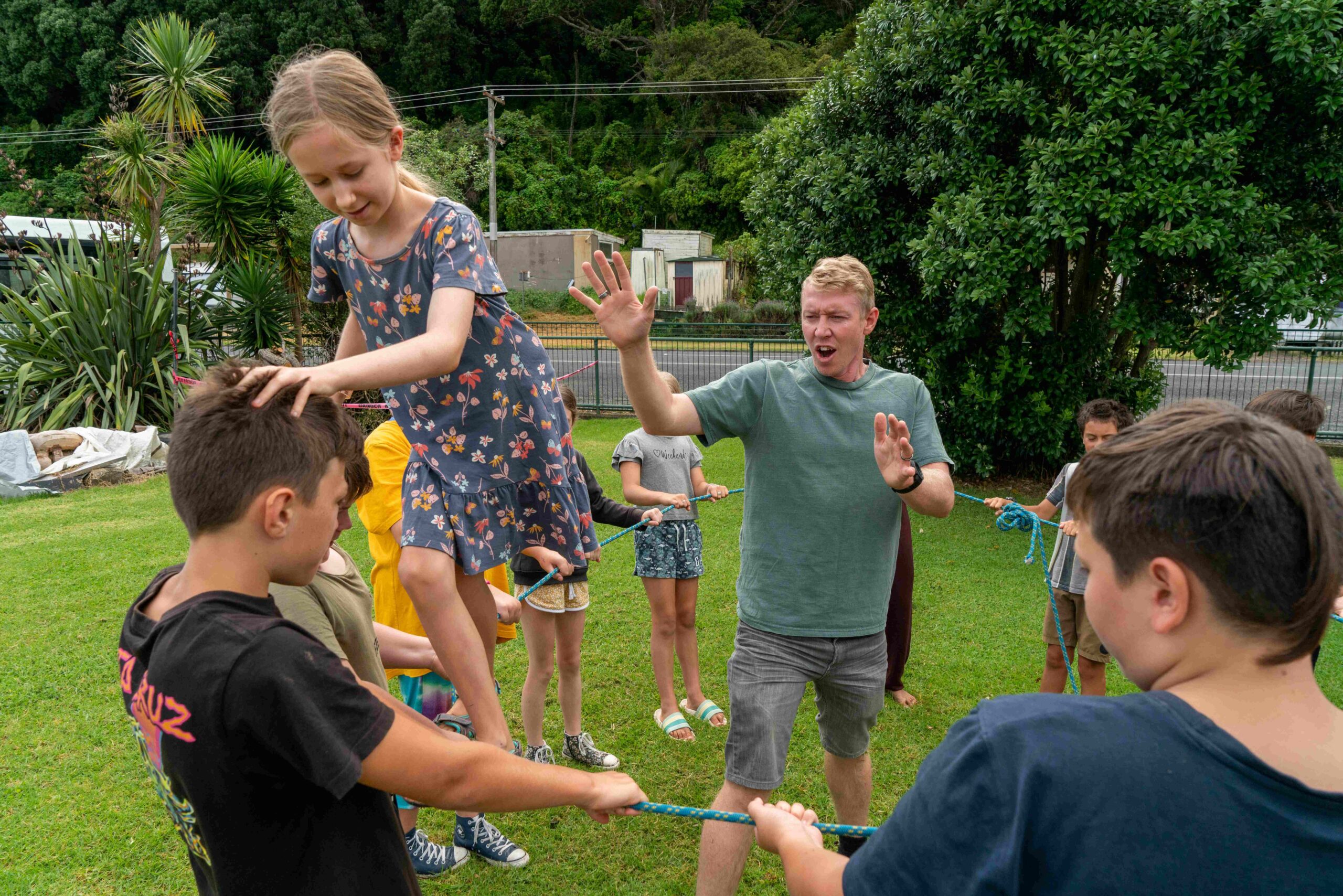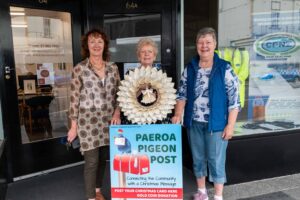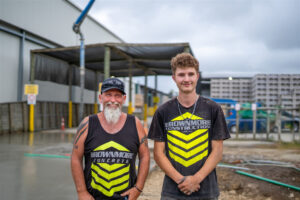The Living Well Trust won’t let a lack of funding be a barrier to its work supporting the youth of Thames and Paeroa.
The trust has set up a Givealittle campaign to raise $10,000 for its ongoing resilience and confidence-building programmes. Youth and family programmes director Michael Wilkes said he was hopeful the trust would be able to continue offering the initiatives.
“Every year we need money, that’s just the nature of charity,” he said.
“We don’t get any government funding and everything’s funded through either individual donations, [which] probably make up 25 per cent of our costs, and then the rest is all through fundraising.
“But I always want what we do to be available to everyone, and as soon as we start putting fees on stuff, you’ll have some schools that can afford to and others that won’t.”
Since the trust began its outreach work in Thames in 2016, it has worked with more than 300 students each year. At the primary level, the trust takes its adventure-based programmes, Res-Kids and Thrive, into local schools to work with 11- and 12-year-old students on resilience, confidence-building and relationship-strengthening skills to prepare them for the challenges of high school and teenagedom.
This year, it has also begun a pilot programme at Paeroa College, which Michael hoped would eventually be rolled out to other high schools.
Rather than structured programmes, the pilot involves youth workers who “linger with intent”, building rapport and offering support to individual students on campus on an as-needed basis.
Additional community support, such as information for whānau and training for school staff, is also on offer at the trust.

Michael said the programmes were all about equipping kids with the skills and language they needed to tackle hard thoughts and tough life transitions.
“The kids that are quiet and reserved, they internalise everything. [For] our original programme called Res-Kids, that was the target,” Michael said.
“These are the kids who, when things get real tough, because they haven’t learnt to share what’s going on and offload, they’re the ones more likely to end up [in trouble]. The hope’s always been to see those statistics reduced through the work that we do.”
But the programmes had benefits for all children, Michael said, and most of them simply needed a little support.
“When someone actually believes that they’re worth it, and when they believe that they’ve got something to give the world, you see kids realise, ‘actually, I am worth it and I am valuable’.”
From the beginning, Michael said he had seen a huge difference in the kids involved.
“You get parents mentioning that their kids are actually talking to them at home now… teachers will see certain students may start to engage a lot more in class,” he said.
“One parent shared that her kid’s moving into high school this year, she said it’s incredible how much she’s matured off the back of it.”
Many of the kids also said they felt an increased sense of connection and trust with their peers, Michael said.
“There’s a kid I can think of who, in primary school, he was a rascal… just getting into fights with a particular other student,” he said.
“So I took them into the bush. We made some bread, cooked it over a fire… I got them hanging out regularly. The whole idea was just that we were building common ground, common interest between them. They became mates.”
Details: Go to: givealittle.co.nz/cause/thriving-youth for more info.





